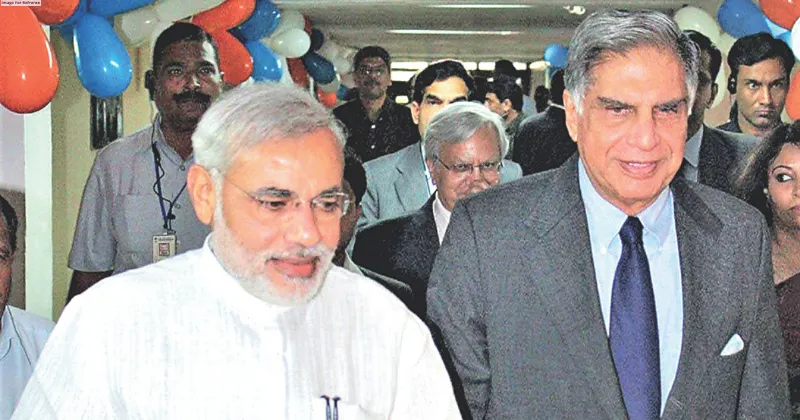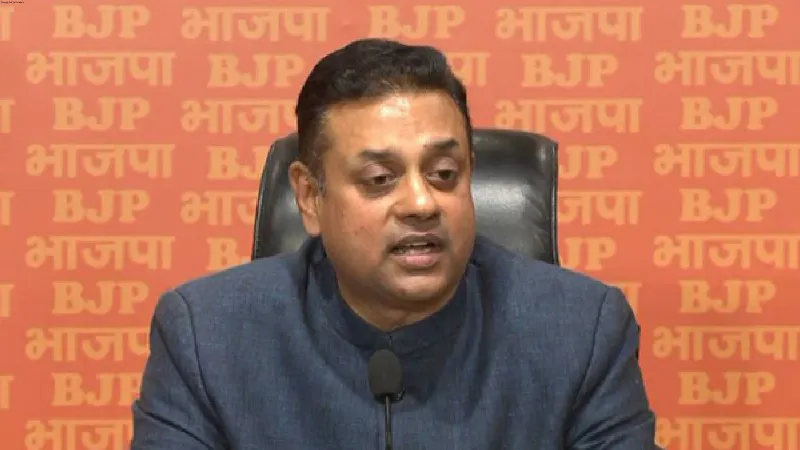Latest News
WILL AI REPLACE THE HUMAN INSIGHT OF JOURNALISM?

We all are coming across the new term AI which is artificial intelligence, interestingly through media such as newspapers, but hardly we paused and pondered that it might be posing a potential threat to the way we receive news and respond to the everchanging world around us. Artificial Intelligence is a way ahead in technology that is supposed to generate, process, and react the way human intelligence would do in certain situations. It’s a problem solver based on a database. Recently there has been great hype and speculations about it. But the critical question is would AI also possess human emotional intelligence, a must-have ingredient of journalism?
AI can act as a machine faster, quicker, and maybe more correctly. Technological fields and various industries will probably be tremendously benefited from it. Many economists believe that artificial intelligence can raise the productivity rate by 1.5% with the global GDP promising the rise by 7% across various economic sections including journalism.
Language is fundamental to journalism and AI can process languages but what about processing emotions? Can a machine think and emotionally react the way a human brain would do? Journalism is that field of work where extreme sensitivity to content, and realtime reactions to the emotions of people involved at the scene may be an interview or otherwise are required. Here empathy, understanding the narrative, and filtering it with objectivity yet having human touch are core principles. Handing it over to a machine - reaction seems doubtful. It may read some news for the audience but journalism reaches beyond bringing us news. To gather the news from the field and map the truth or falsehood remain questionable through AI.
Journalism is built upon trust. It is known to bring an impartial view of the situation and trigger human intelligence with meaningful questions so that the reader and viewer understand it objectively. Journalism has played an extremely significant part in making the histories of nations be it religion or politics from ancient times. Journalism has voiced popular opinion and provided a platform for the unheard. It is a responsible job. It is not about entertaining people with long debates and highlights of the day. The news leaves an impact on the human mind and that is the power of journalism. Will artificial intelligence replace it with its highly advanced tools is yet to be seen.
We have journalists who have revitalized society with their thoughtful writings. It’s the sheer wonder of the human mind which is full of dreams, and creations and can think beyond the unthinkable. It understands human behaviour and emotions. The whole point of journalism is the connection that it creates with the readers or audience. Can robot reporting replace this all? May be factually more apt and can also generate interesting versions of the stories with support images. It can scan in a matter of seconds the massive databank of happening news across various platforms but would it be as impactful remains for the future to unfold?
The pitch of journalism is extraordinary and the effect is profound. Artificial intelligence is restructuring today’s journalism. Journalism has turned into a battleground where AI with its premier tools will soon replace the way journalism is received by the people. Every new step is full of opportunities and this is how the future is built but at the same time also poses risks and hazards and requires time to adapt to the newness. Artificial intelligence is promising but its employment in a field such as journalism raises concern, after all, journalism is not just how attractive or interesting a piece of news is. Journalism is the soul of a society and a nation.
We are a generation that has witnessed a transition in almost every phase be it society, economy, or technology and we have sought to embrace it with our whole heart, however struggling it might have been. But the new leap of AI raises many doubts. Universities are coming up with AI journalism fellowship programs to understand and effect the future of journalism through artificial intelligence. Journalism is in a moment of great transition. AI may certainly derive the economy but there will be winners and losers in it. There will be more work done with less workforce reducing the cost, but parallelly, generating journalism of facts and figures not of connect. Will it be able to do justice to the work that lies on the responsible shoulders of a journalist? These are a few questions that need explanations before we are influenced and impacted by AI.
THE VIEWS EXPRESSED BY THE AUTHOR ARE PERSONAL
DR JYOTI JOSHI The writer is a soft skill, yoga trainer, business coach and English language instructor in Germany, Europe





















